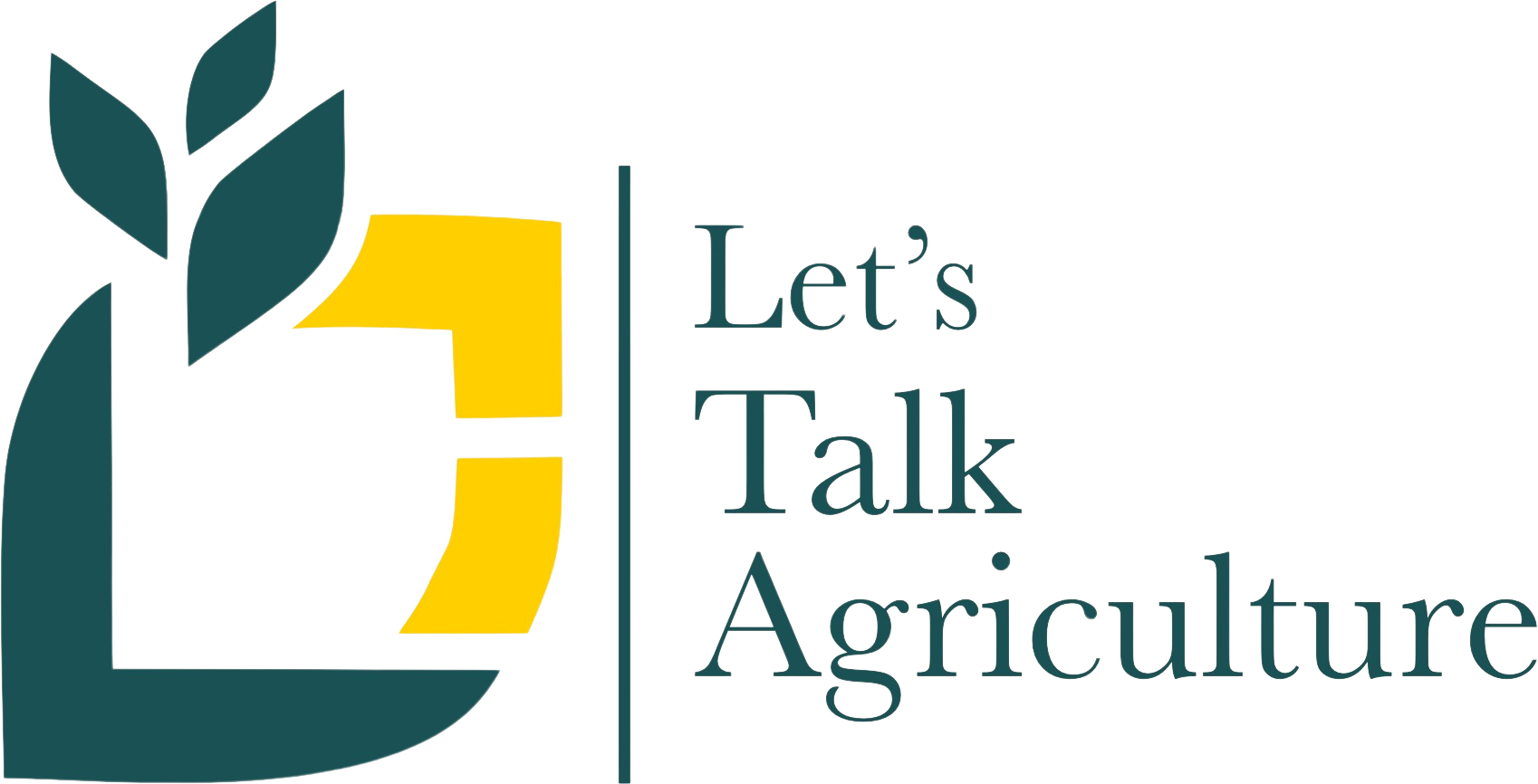Bridging the Technology Gap in African Agriculture for Global Synergy
The Technology Gap: An In-depth Analysis
The technology gap in African agriculture refers to the disparity between modern agricultural practices and technology available in Africa versus more developed regions. Limited access to these innovations hinders smallholder farmers in Africa.
The Consequences of the Technology Gap in African Agriculture. The technology gap in African agriculture has had numerous negative effects across the sector.
Four Significant Consequences of Technology Gap
- Limited Access to Information: The lack of access to information on weather patterns, market prices, and best farming practices puts African farmers at a disadvantage when making critical decisions about crop planting and harvesting.
- Lack of Mechanization: The limited availability of modern farming machinery compared to global counterparts hinders African farmers’ ability to compete on the global market and adapt to shifting market demands..
- Outdated Farming Practices: The continued use of traditional farming methods leads to low yields and heightened vulnerability to climate change, exacerbating the tech gap.
- Poor Post-Harvest Handling: Inadequate storage and processing facilities contribute to high post-harvest losses in Africa, resulting in economic losses and posing a severe threat to food security in the region.
Four Implications of the Technology Gap in African Agriculture
- Low Productivity: Low agricultural productivity perpetuates exacerbates food insecurity and malnutrition, impacting the overall quality of life for millions of Africans.
- Vulnerability to Climate Change: Access to weather forecasting and climate-smart technologies is essential to mitigate the impact of climate change on African agriculture.
- Market Access Challenges: Without real-time market information and digital platforms, farmers struggle to connect with buyers and obtain fair prices for their produce.
- Youth Apathy: The tech gap influences the youth’s perception of agriculture, leading many to view farming as unattractive and outdated, posing a challenge for the sector by jeopardizing the continuity of farming traditions.
The Imperative for Global Synergy: Bridging the Divide
Bridging the tech gap in African agriculture is a formidable challenge, that necessitates concerted efforts at the local, regional, and global levels. To make significant strides in this endeavor, several key strategies should be considered. In the quest to bridge the tech gap in African agriculture, it is essential to recognize the multifaceted nature of this challenge and explore comprehensive solutions that can catalyze transformation across the continent.
Enhancing Agricultural Research and Development

A crucial aspect of bridging the technology gap is investing in agricultural research and development (R&D) specifically tailored to African conditions. Allocating increased funding to agritech solutions research is not just a financial commitment but a strategic investment in the future of African agriculture.
This investment can lead to the development of technologies and practices that are not only accessible and affordable but also adapted to the unique challenges faced by African farmers.
Moreover, R&D efforts should focus on sustainable agricultural practices. By integrating technology with environmentally friendly farming methods, Africa can take significant strides towards mitigating the adverse effects of climate change.
This approach will not only bolster food security but also reduce agriculture’s environmental footprint.
The Significance of Public-Private Partnerships (PPPs) in Bridging the Technology Gap
In today’s world, Public-Private Partnerships (PPPs) have emerged as a crucial strategy for narrowing the technology divide. By working together, governments, private sector companies, and non-governmental organizations (NGOs) can expedite the adoption of technology on a large scale. While the public sector is responsible for providing the necessary regulatory framework and policy incentives, the private sector can bring its resources and expertise to develop and implement innovative solutions.
An excellent example of a successful PPP is the partnership between governments and telecommunication companies to expand rural internet connectivity. This initiative not only improves farmers’ access to information but also opens doors for digital agriculture applications such as mobile payment systems, crop monitoring, and market access platforms.

Capacity building is crucial for farmers to adopt technology successfully, requiring comprehensive training programs that educate farmers on practical aspects and emphasize the direct benefits of technology adoption. Reliable internet access is also necessary, especially for farmers in underserved rural communities, and investments in broadband networks and low-cost, high-quality internet solutions can help reach even the most remote communities. Initiatives to subsidize data costs for farmers can also improve their ability to access online resources.
Access to financing is crucial for agricultural technology adoption. Microfinance programs customized for agriculture offer flexible loan terms and low-interest rates, making it easier for farmers to acquire modern equipment and innovative technologies. Engaging young people through technology-based initiatives is a promising strategy to revive African agriculture. Showcasing modern agriculture possibilities, encouraging entrepreneurship, and portraying farming as a dynamic and forward-thinking sector can motivate young people to consider farming as a viable and rewarding career option.
To address the technology gap in agriculture, it’s necessary to create a supportive ecosystem for agritech, including nurturing start-ups, innovation hubs, and networks for collaboration and knowledge sharing among stakeholders. This can drive continuous innovation and progress in the agricultural sector.
Bridging the Technology Gap in African Agriculture: A Global Imperative

The tech gap in African agriculture is a global challenge that affects poverty alleviation, food security, and sustainable development. To address this, investment in research, public- private partnerships, empowering farmers, digital infrastructure, finance access, youth engagement, and agricultural technology ecosystem is crucial. With the right strategies and collaborations, African agriculture can increase productivity, enhance food security, and contribute to global sustainable agriculture. Global synergies can help create a future where African agriculture thrives, benefiting both the continent and the world.
Note: This blog post is written by Bako Notsa Umaru, an Agricultural Economist & Researcher. Email: Nbako578@yahoo.com
Some of our Podcast On Technology In Agriculture
You can get more podcast like this on our podcast show.



